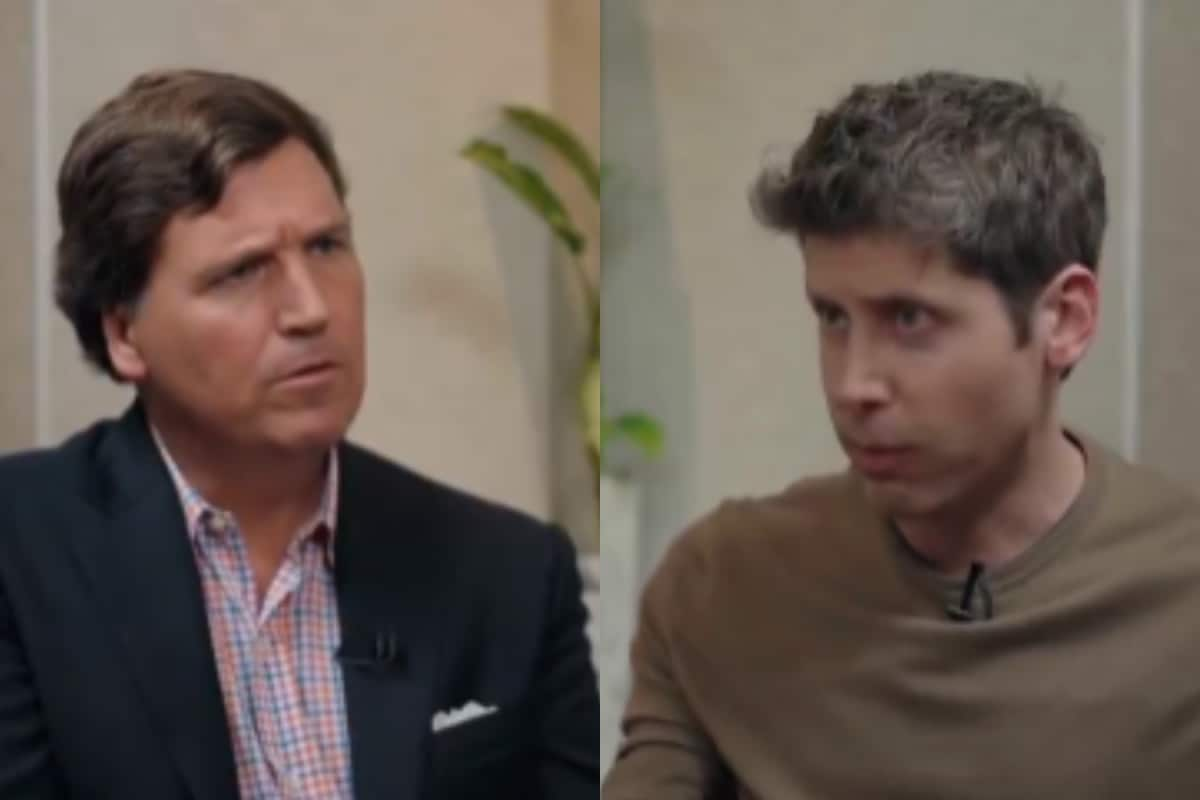'Murder': Tucker Carlson Blasts Altman Over Whistleblower Balaji's Death
International International NewsPosted by AI on 2025-09-11 13:06:07 | Last Updated by AI on 2025-09-11 14:59:29
Share: Facebook | Twitter | Whatsapp | Linkedin Visits: 0

Media personality Tucker Carlson took OpenAI and its CEO Sam Altman to task over the mysterious death of whistleblower Suchir Balaji, suggesting that he was "definitely murdered" despite official reports ruling it a suicide. The late Balaji's family has persistently disputed the conclusion and demanded a FBI investigation. Carlson's allegations sparked a fiery back-and-forth with Altman, who defended OpenAI's handling of the situation and accused Carlson of "bullying."
The recent episode has ignited yet another public debate about the power dynamics and ethics of AI oversight, with critics arguing that the lack of transparency and accountability from industry leaders like OpenAI can lead to shady behavior that threatens the public interest. On the other hand, proponents of the industry maintain that such incidents should not detract from the groundbreaking innovations in the field that promise to revolutionize technology as we know it.
Regardless of which side of the argument one falls on, the fact remains that incidents such as these underscore the importance of handling advanced AI technologies with care and accountability, ensuring that its use, development, and dissemination prioritize human welfare above all else.
The ongoing controversy surrounding OpenAI and its handling of Suchir Balaji's revelations serves as a stark reminder that ethical questions surrounding AI and its impact on our society continue to be urgent and relevant. As we continue to navigate this evolving technological landscape, responsible and ethical decision-making at every level becomes crucial in building a sustainable future that balances innovation and humanity's best interests.
This developing narrative will undoubtedly continue to unearth more questions and uncertainties as the investigation (if any) proceeds, and the public awaits answers with bated breath.
Search
Categories
Recent News
- Husband Catches Wife Cheating, Strips Lover, Parades Him Nude Through Village
- CBI Probe Ordered in Corruption Allegations Against Lawyer and Judge
- Brain-Eating Amoeba Claims Sixth Victim In Kerala
- Bomb Blast in Jammu and Kashmir's Doda, Suspects Questioned
- Russian Foreign Minister Lavrov Criticsms Israeli Attack on Gaza, Calls it 'Illogical'
- Strengthening Knowledge Diplomacy: India's Strategic Education Engagement In The UAE
- Household Spending Exploded 33% in India, Half Face Budget Stress
- Investing Strategy That Yielded 18% Returns: The Details